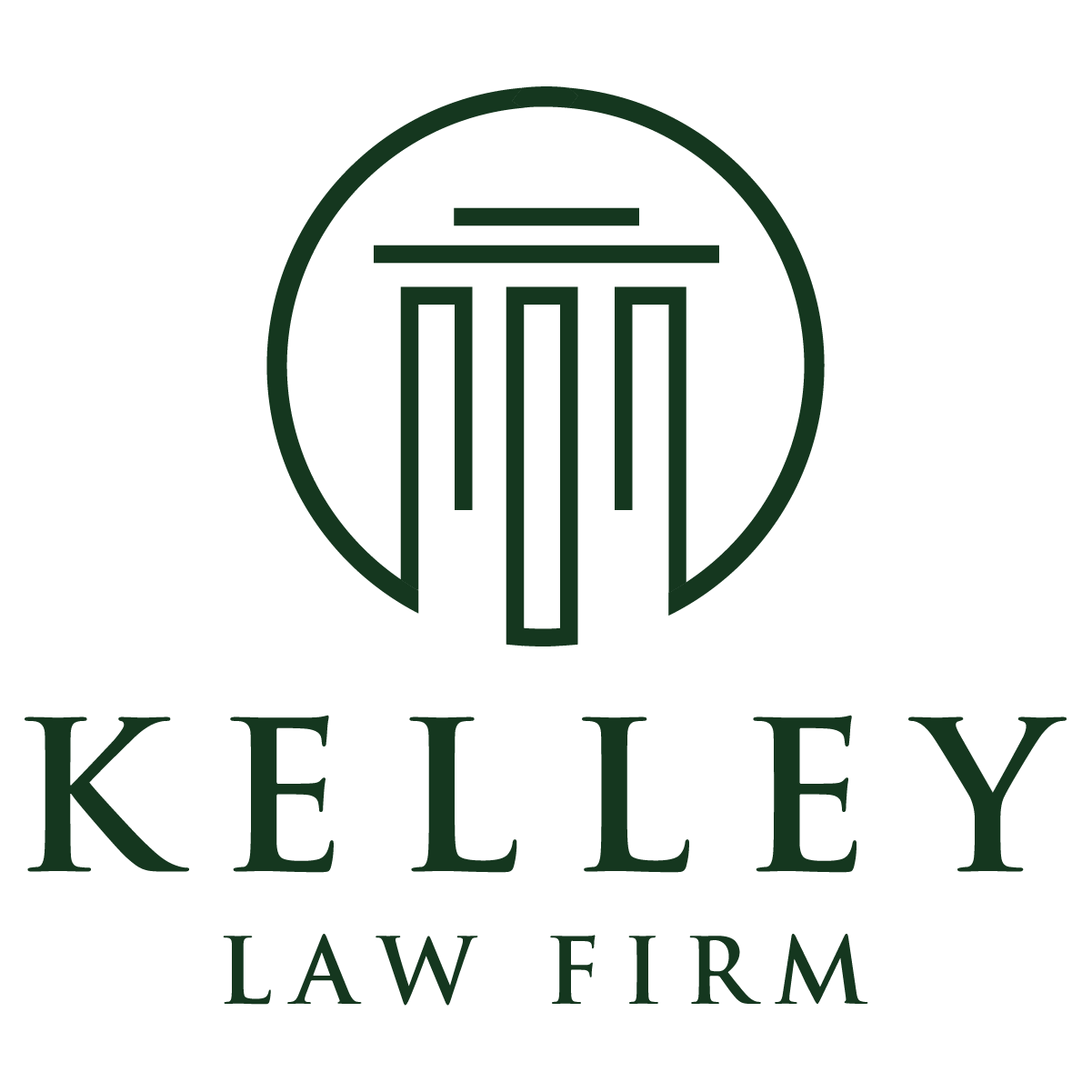Balancing Public Oversight and Private Estate Planning

When planning for the distribution of your assets after passing, it’s important to understand how different legal tools work. Two of the most common are probate and trusts. One significant difference between them is how public or private they are.
Probate: A Public Forum
Probate is the legal process that occurs after someone passes away, during which a court oversees the distribution of their estate according to their will (or state laws if no will exists). Because this process is conducted through the court system, probate is public. This means:
- Pros:
- Court supervision ensures that the deceased’s debts are paid and the remaining assets are distributed according to the law or the deceased’s wishes.
- Formal oversight can reduce the risk of disputes or mismanagement of the estate.
- Clear legal guidance for those handling the estate.
- Cons:
- Lack of privacy: All probate documents become part of public record. This means anyone can access information about your estate, assets, beneficiaries, and even debts.
- Time-consuming: Probate can take months, or even years, to complete, especially if disputes arise.
- Costly: Legal fees and court costs can reduce the overall value of the estate passed to heirs.
Trusts: A Private Alternative
A trust on the other hand is a legal arrangement where one party (the trustee) holds and manages assets for the benefit of another (the beneficiary). Unlike probate, trusts are private documents, meaning the details of your estate and beneficiaries are kept confidential.
- Pros:
- Privacy: Trusts do not go through probate, so they remain confidential. Only the parties involved in the trust know its contents.
- Faster asset distribution: Since trusts bypass probate, assets can be distributed to beneficiaries more quickly.
- Control: Trusts allow more flexibility and control over how and when assets are distributed. You can set terms, such as giving certain assets when a beneficiary reaches a specific age.
- Cons:
- Upfront costs: Setting up a trust requires legal assistance, which can be more expensive than drafting a simple will.
- Ongoing management: A trustee must actively manage the trust, which can involve administrative work and costs.
Which Option Is Right for You?
Choosing between probate and trusts depends on your priorities. If privacy, efficiency, and control are important, a trust may be the best option. On the other hand, probate can offer the security of court oversight and is typically less expensive upfront.
Understanding the key differences between these options will help you make an informed decision about your estate planning, balancing both privacy and public accountability as you see fit.
